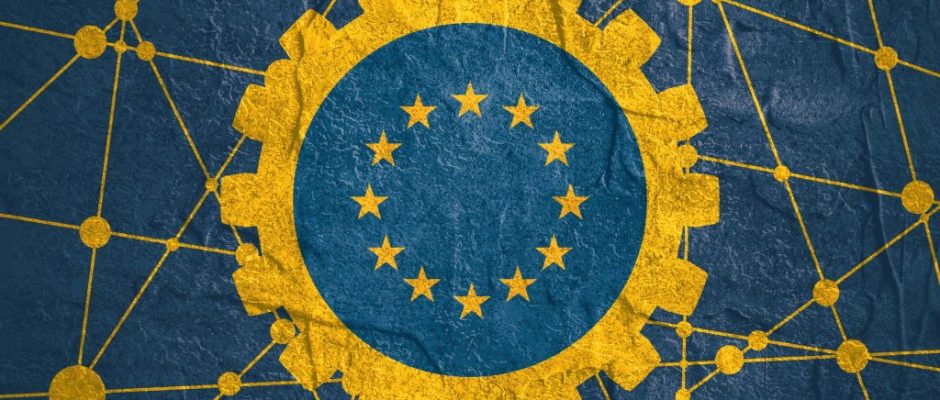US blocks sales of citizens’ data to hostile powers
In what is being seen by some on the Hill as a case of too little too late, Washington has this week finally blocked the sale of US citizens’ personal sensitive data to four hostile foreign powers: North Korea, China, Russia, and Iran.
Sensitive data includes ordinary people’s social security numbers, financial account numbers, biometric information, genetic information, precise geolocation information, and most of their private communications. Washington’s Energy and Commerce Committee top Democrat, Congressman Frank Pallone Jr, simultaneously issued a statement highlighting the massive threat foreign data sales present to ordinary people.

